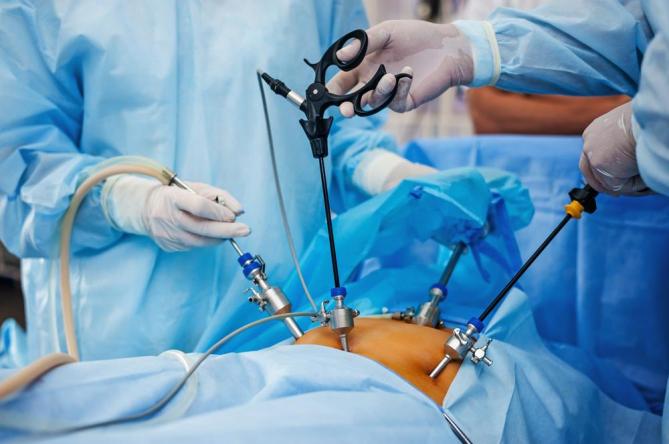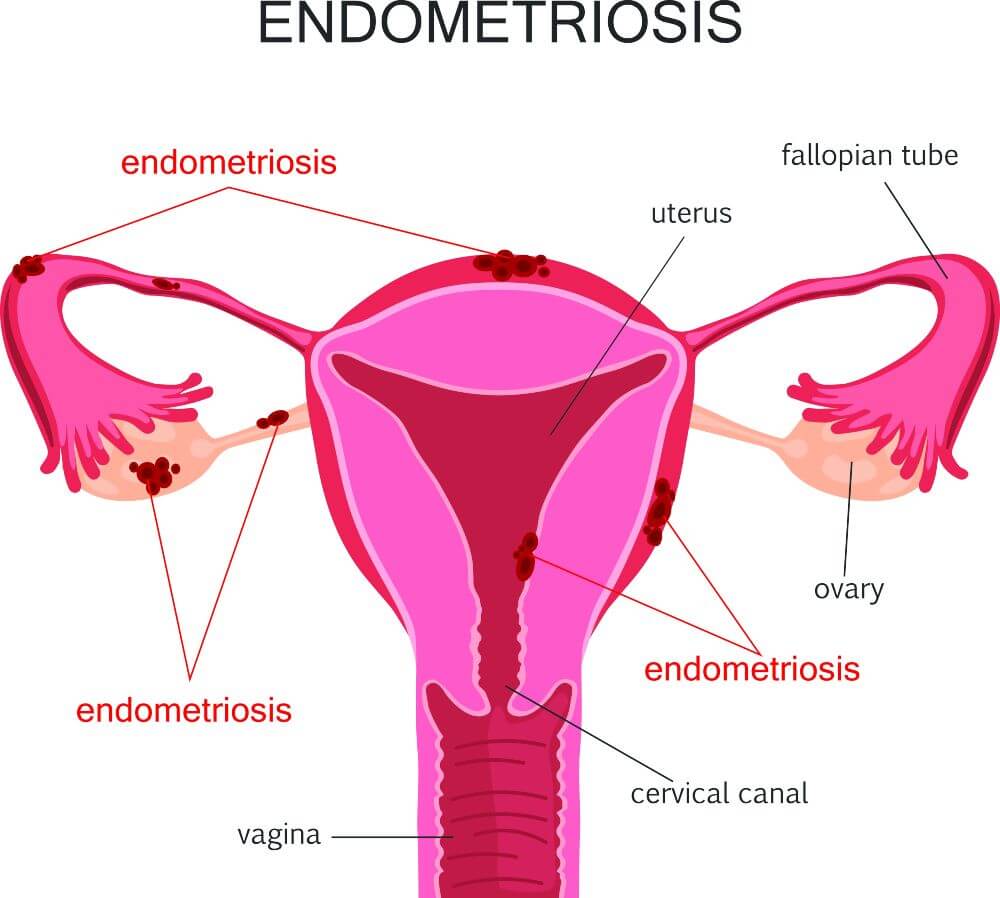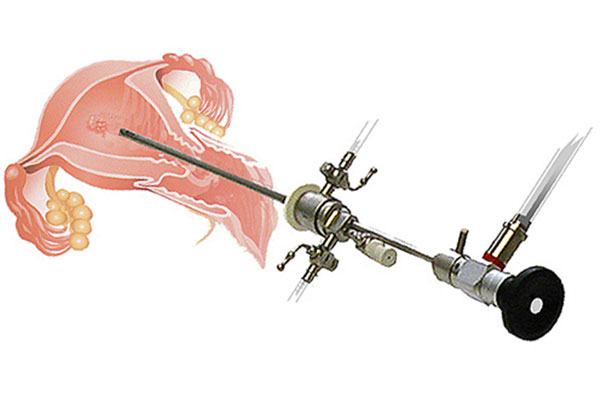Pregnancy symptoms are divided into 3 stages each one called a trimester; each stage is approximately more than 13 weeks. Every trimester has it its own set of symptoms and complaints. Of course, there are variations in these experienced symptoms and complaints. During the first trimester women usually complain of lower back pain, sore breasts, fatigue, mood swings and nausea.
Many women before taking a pregnancy test are alarmed when experiencing lower back pain or sore breasts this because they usually experience these symptoms during or right before menstruating. Truth is these symptoms are alike and the only factor that can tell if she is pregnant or not is taking a pregnancy test.
Pregnancy in the first month
The first month of pregnancy (4weeks) starts on the first day of your missed period. The pregnancy is regarded to start on the first day of your last menses. Fertilization depending on the length of your cycle should be around day 14 and implantation occurs about 72 hours after that. Pregnancy hormone levels are high enough to be detected 10-14 days after.
The most common pregnancy symptoms
Many early signs of pregnancy can appear like premenstrual/menstrual symptoms;
1- Swelling of the breasts
Hormonal changes at the beginning of pregnancy may make your breasts sore, a feeling that the breasts are larger or heavier and veins in your breasts seem more prominent this is all due to the increased blood flow in that area.
Bedaya’s team advices you to wear a supportive, wire-free bra, wear comfortable clothing, have a warm bath or use cold compresses if the discomfort becomes unbearable.
2- Abdominal distention
The hormone progesterone can cause significant changes in a woman's body. It relaxes muscles including those of the bowels so that digestion slows down causing bloating and vomiting.
3- Fatigue
Fatigue or feeling tired is also a sign of early pregnancy elevated progesterone levels make you want to sleep all day! Lower blood sugar levels, lower blood pressure and the increase in blood production add to this feeling of fatigue and drowsiness.
4- Stomach ache or spotting
Sometimes a woman develops some bleeding, as a symptom of pregnancy this is known as implantation bleeding. This can happen when the fertilized egg nestles into the endometrium lining 10 to 14 days after fertilization. This bleeding is usually a little earlier than your menstruation date, and more pinkish/brown than it is red.
5- Morning sickness
The most common symptom of first trimester pregnancy is morning sickness. The name is a bit misleading because it can occur any time of day. The reasons for morning sickness are not totally clear it could be due to human gonadotrophins (pregnancy hormone) or rising estrogen levels. Distended bowels, changes in blood pressure, elevated sense of smell all add to the feeling of being nauseous and/or vomiting.
Bedaya’s team advices pregnant women in the first trimester that experience nausea and/or vomiting to eat ginger or drink beverages containing ginger, in most women this has proven to be a working household remedy! If these symptoms become unbearable consult your gynecologist to prescribe you something.
6- Food aversion or cravings
Hormonal changes during pregnancy attribute to food aversion or cravings, this happens mostly in the first three months but can continue throughout pregnancy.
7- Headaches
At the beginning of pregnancy, increased blood circulation caused by hormonal changes may lead to mild headaches.
Bedaya Hospital offers a few tips to get rid of pregnancy headaches:
- 8-10 hours of sleep daily and a nap after lunch
- Exercise
- Eat regular and balanced meals.
- Lukewarm Compresses.
- Neck and shoulder massages
8- Constipation
High levels of progesterone during pregnancy slow bowel movement", This means slower digestion and if you do not hydrate and eat plenty of fiber, constipation.
9- Mood swings
The continuous change in hormone levels during pregnancy result in moods swings.
10- Vertigo
During pregnancy the blood flow to your uterus (baby and placenta) increases and is slower to return to your veins this can cause vertigo (feeling dizzy as if the room around you is moving) especially when abruptly standing up from a seated or lying position.
11- Nasal congestion
Nasal congestion is common in pregnancy due to elevated estrogen levels in pregnancy. This dilates the small nasal blood vessels and more mucus is produced.
If you think you're pregnant, please consult with your doctor before using nasal sprays or taking supplements.
12- Elevated body temperature
Your basal temperature is your body temperature when your body is at total rest therefore, they also consider it the body temperature you measure right after waking up. Your basal body temperature elevates around ovulation and stays high until your next menstrual cycle, if this stays out due to pregnancy your basal temperature will remain higher throughout until you deliver.
13-Delayed Period
The first sign of pregnancy is delay and absence of the menstrual cycle. A woman must still always do a pregnancy test to make sure.









